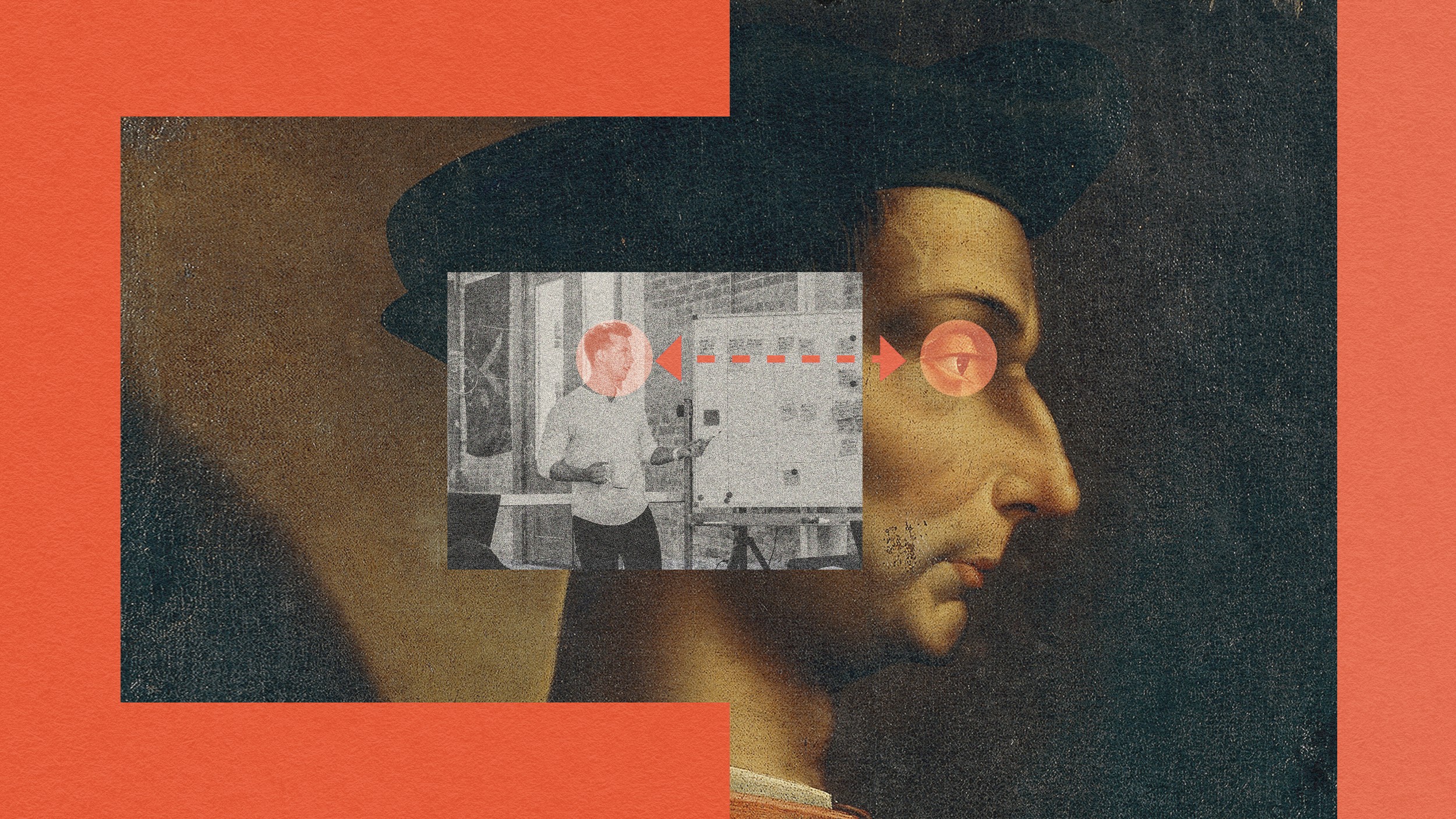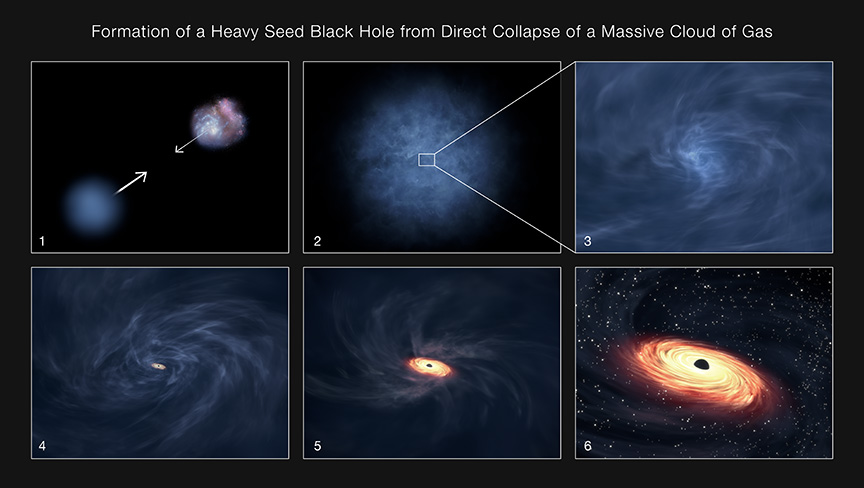“All Men Are Created Equal.” Really?

“We hold these truths to be self-evident, that all men are created equal…”
So begin Jefferson’s famous words from the body of The Declaration of Independence of 1776. Beautiful though the thought and the wording may be, it simply does not stand up to even momentary analysis.
Already, a commenter has accused me of anti-American sentiment simply because I intimated that American military command might have made some mistake in judgment at some point. So, I know I am flying in dangerous territory by challenging America’s holiest document.
But The Proverbial Skeptic does not exist to steer clear of our sacred cows, it exists to scrutinize them. And what could be more American, more Jeffersonian, than rigorously applying enlightenment reasoning without regard for what is held as holy or sacrosanct?
Now, this post does not serve to denigrate the social value of treating everybody of every race, creed, religion, and sexuality in the same way under the law. That value is something which we must continue to aspire to. I understand the danger in throwing this idea out.
Indeed, in history’s most famous disagreement with this phrase, just such a danger was almost realized. Said Alexander Stephens, Vice President of the Confederacy: “The prevailing ideas entertained by [Jefferson] and most of the leading statesmen at the time of the formation of the old Constitution were, that the enslavement of the African was in violation of the laws of nature; that it was wrong in principle, socially, morally and politically… Our new Government is founded upon exactly the opposite ideas; its foundations are laid, its cornerstone rests, upon the great truth that the negro is not equal to the white man; that slavery, subordination to the superior race, is his natural and moral condition.”
We can all agree to condemn that statement. But it’s important that we do not condemn it out of hand. It, racism, is not only repugnant because it’s conclusion is morally wrong, but also because its premises are factually wrong. It simply isn’t true that black people are inferior to white people. It simply isn’t true that any level of actual inferiority could justify the horrors of slavery and second-class citizenship.
But, I hope to put this phrase aside without throwing the baby out with the bathwater. By no means are all men [and women] created equal, but that fictional equality is not really what makes it right for us all to be treated fairly under the law.
I’ll explain my claims one by one.
1) It is not true that it is self-evident that all men are created equal because it is not self-evident:
Things can only be self-evidently true if they are “analytically true”, or if the truth is part of a definition of the thing. It is self-evidently true that a bachelor is unmarried, because it is part of the definition of a bachelor that he is unmarried.
Including “self-evident” appears to be an attempt on the part of Jefferson to avoid having to back up his claims altogether. Of course, by bothering to appeal to peoples rights’ being endowed by the Creator he betrays that he does not really believe it to be self-evident, because he sees fit to provide other, outside evidence.
2) It is not true that it is self-evident that all men are created equal because all men [and women] are not created equal:
While this belief, true or not, seems to be life-affirming, humanistic and positive, it really is the opposite. People are different from one another, and some of those differences represent genuinely positive or negative traits. Sure, it genuinely happens to be a neutral issue which race you are, or which gender(s) you are attracted to.
Nonetheless, it really is better to be smart than to not be smart. It really is better to be fast than to be slow. It really is better to be sane than insane. How much it is better is something we can debate.
But, the idea that our traits don’t make us different, and therefore unequal, is simply absurd. It is exceeded in its absurdity only by the idea that we are not different from one another at all.
This is the heart of my claim. The idea that we are all equal is not life-affirming. It’s inhuman and anti-human. Our inequalities, differences, quirks, and dissimilarities are what is interesting about us, and they are the life-force of any society, especially America.
3) We are still entitled to certain “inalienable rights” and equal protection under the law regardless of whether or not it is self-evident that all men are created equal:
The range of types of human may be a broad spectrum of unequal characteristics. But that by no means entails the idea that some people, wherever they may be on that spectrum, are not still entitled to fairness and justice.
The reason that people ought to be treated fairly and equally is not that they aren’t different from one another. Rather, it’s that they have agency, positive and negative experiences, preferences, and feelings. If we want to describe something as being kindly, or as diminishing suffering, we use the word “humane”, which simply means “like a human”. That says a lot about us.





